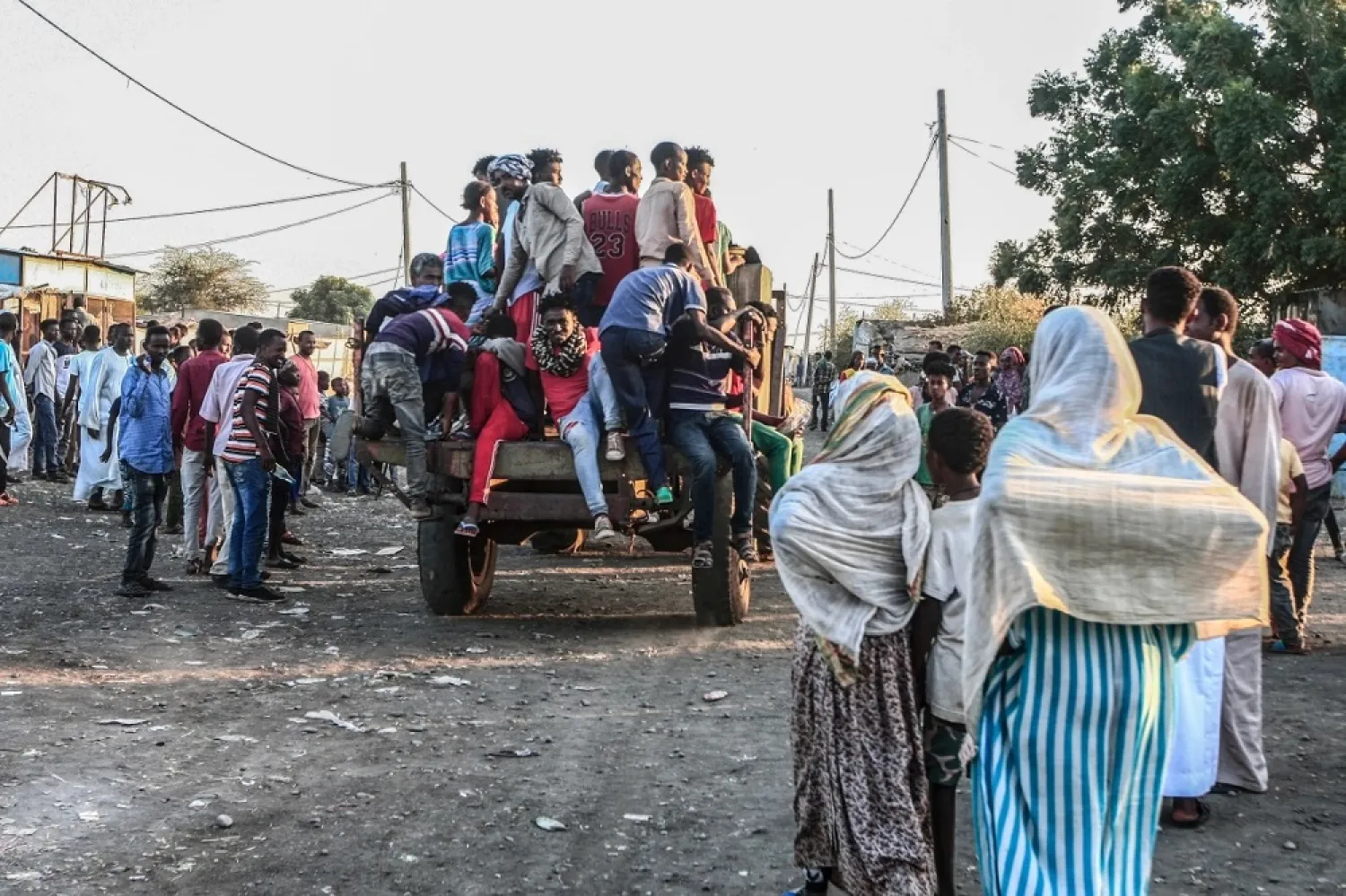Sudan strongly denounced statements that it had violated Ethiopia’s international borders.
Ethiopian Deputy Prime Minister and Foreign Minister Demeke Mekonnen told parliament on Wednesday that his country is pursuing peaceful means to regain land forcefully occupied by Sudanese troops in late 2020, a reference to the al-Fashaqa region.
Addis Ababa prefers dialogue to resolve the issue and maintain the “deep” ties between both peoples, Ethiopian News Agency ENA quoted him as saying.
Mekonnen vowed to work jointly to find a lasting solution to the border issue.
However, he regretted what he described as Sudan’s violation of Ethiopia's borders while it was engaged in law enforcement operations - the war between the federal forces and forces loyal to the Tigray People’s Liberation Front).
He accused Sudanese forces of displacing civilians and sabotaging property in the areas they “occupied.”
The FM further slammed Sudan’s ongoing attempts to change the geography and demography of the invaded areas, stressing that “it is totally unacceptable.”
Khartoum deemed Mekonnen’s statements as “false and misleading,” calling on Addis Ababa to avoid spreading hate speech and escalating tensions.
Its Foreign Ministry issued a statement on Thursday noting that Mekonnen’s remarks violate Ethiopia’s recognition of what was stated in the “colonial agreements” - a reference to the 1902 and the 1959 border treaties, as well as the exchanged memos between both countries on July 18, 1972.
The Ministry said Mekonnen's remarks came “at a time the region needs stability and calm.”
Khartoum has redeployed its security forces within its borders, in assertion to its sovereignty over its lands and its internationally recognized borders, the ministry added.
The Ministry called on Ethiopia to resume the work of the joint border committees as soon as possible and engage seriously in the process of completing the marking out of demarcation lines.









